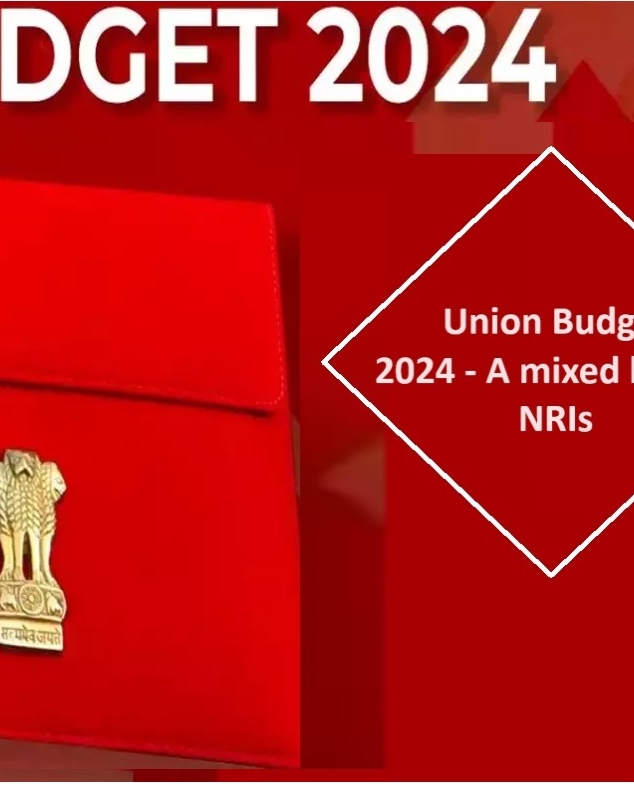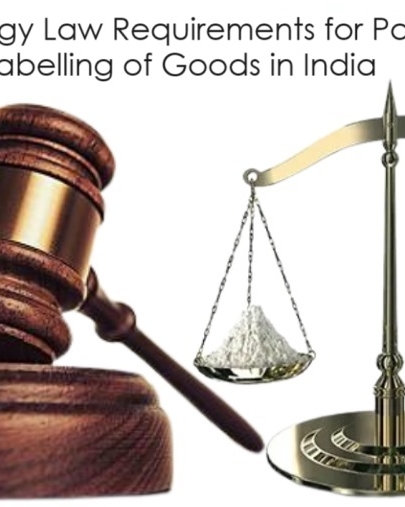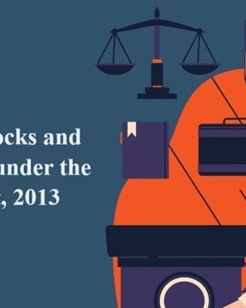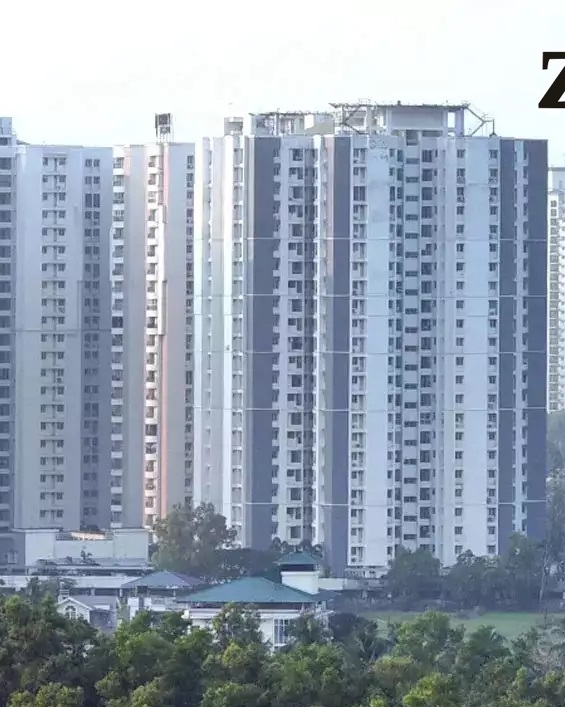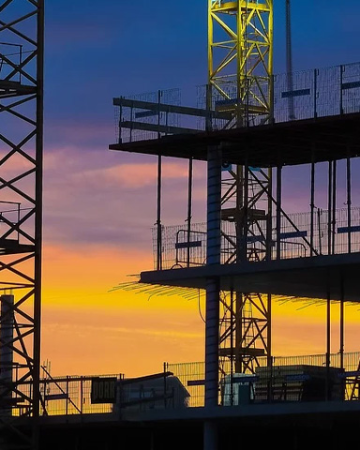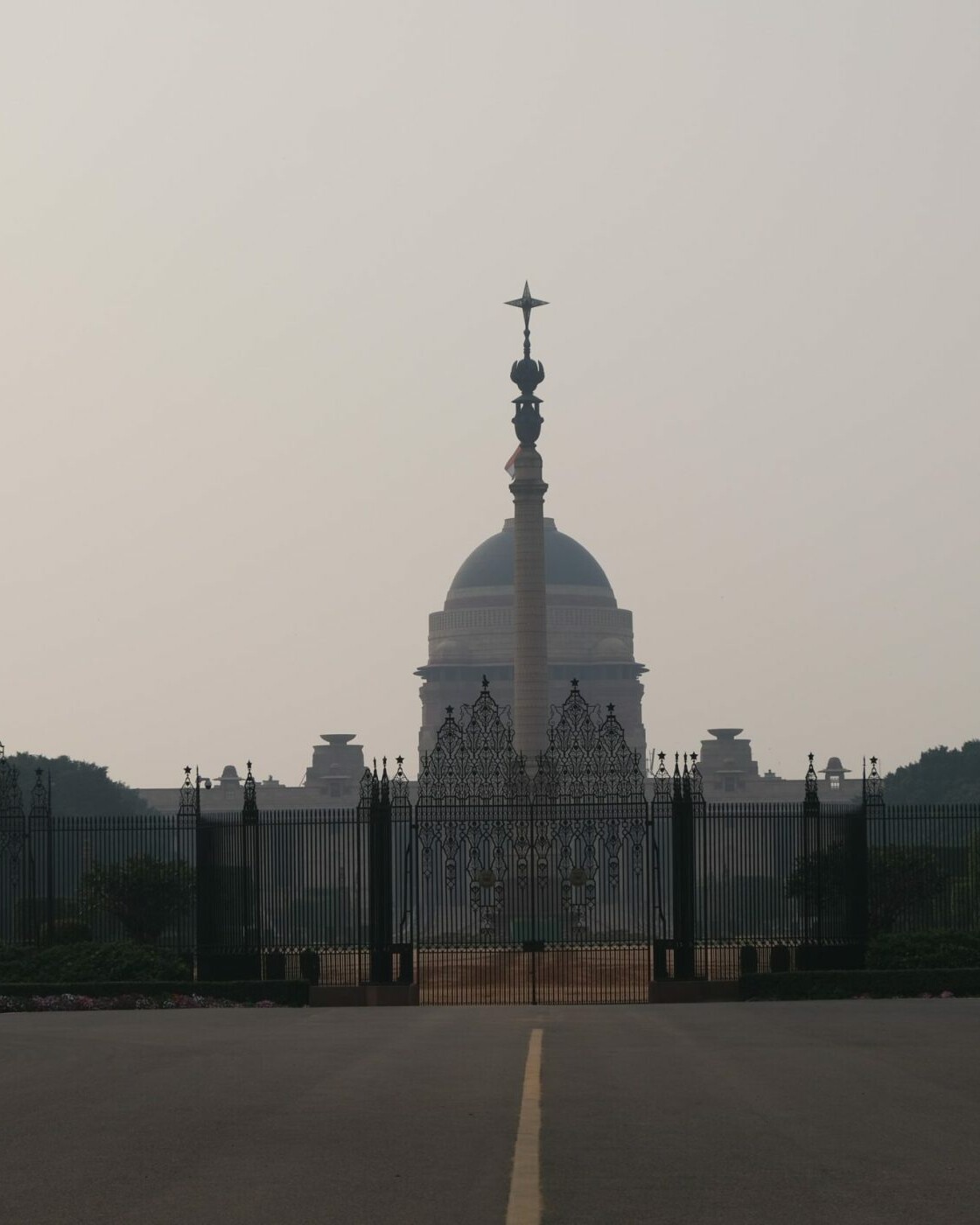Rare Township Private Limited Vs. IIRF India Realty VIII Ltd.
The Hon’ble MahaRERA (Maharashtra Real Estate Regulatory Authority, Mumbai) recently passed an order in the case of Rare Township Pvt. Ltd. (‘Complainant’) v. IIRF Indian Realty VIII Ltd. (‘Respondent’) [Complaint No. CC006000000220888, decided on 30-06-2022], wherein MahaRERA, while dealing with an issue ‘as to whether the Respondent, i.e., IIRF India Realty VIII Ltd. (the “Investor”) is also a “Promoter” within the meaning of Section 2(zk) of the Real Estate (Regulation and Development) Act, 2016 (the “Act”), held that the Respondent Investor is the Promoter (Investor) and the Complainant Promoter (i.e., Rare Township Pvt. Ltd.) is the Promoter (Developer) of the project.
The Hon’ble MahaRERA also held that all the obligations of a Promoter shall be applicable to both the Respondent and Complainant as per the provisions of the Act, and all the consumers of the said projects shall be entitled to seek recourse against any delay in the completion of the said projects against the Complainant and Respondent herein jointly.
Brief facts of the case:
- The Complainant is the developer/ Promoter of the project registered as “Rising City” (“the Project”).
- The Respondent became an investor/ equity holder in the Promoter company pursuant to the Share Subscription and Share Holders Agreement dated 24.12.2008 (the “SSHA”); entered into between the Complainant and the Respondent along with the Deed of Addendum dated 26.09.2012 to the SSHA.
- The Complainant sought the declaration of the Respondent as a Promoter of the Project based on the instruments of aforementioned SSHA and Addendum.
Contentions of the Complainant:
- The Complainant contested that under the SSHA, the Respondent had been given veto rights under Para 12.11 of the SSHA on matters listed under Schedule 5 of the said SSHA and such controlling rights were further expanded by the supplementary agreement dated 26.09.2012 between the parties.
- Under the SSHA, the positive consent of the Respondent was required for incurring project expenditure exceeding INR 25,00,000/- (Rupees Twenty Five Lakhs only).
- The Respondent exercised these rights granted under the SSHA to deny consent for obtaining access to the SWAMIH Funds.
- The Complainant also cited MahaRERA Circular No. 12/2017 dated 04.12.2017 to highlight who exactly is a “promoter” when read in conjunction with definition of Promoter under Section 2(zk) of the Act.
- The Complainant further made a reference to the Companies Act, 2013 to emphasise the scope of who qualifies as a “promoter” therein.
- It was, thus, the averment of the Complainant that the Respondent also be held liable for delay in the completion of the Project and consequently, be directed to complete the said Project in a time bound manner along with the Complainant.
Contentions of the Respondent:
- The Respondent contended that rights of the Respondent under the SSHA correspond to those affording basic protection to the investor instead of being veto powers that would be reactive in nature to protect the interest of a promoter.
- Further, the SSHA unambiguously presents the Respondent as an investor, and various recitals attest to the fact that the Complainant is the Promoter and in control of the day-to-day business of the company as opposed to the Respondent.
- The Complainant cannot be said to be under the control of the Respondent in order to hold that the Respondent “caused the construction” of the Project. Further, the limited representation of the Respondent on the board of the company is only a director who is indemnified and the veto rights exercised by him/ her as a minority shareholder cannot be taken to mean exercising control.
- The MahaRERA Circular relied upon by the Complainant is not applicable to the case as there was neither area sharing nor was there an arrangement for share in sale proceeds.
- Hence, it was contented that the Respondent was an investor for the Project and as an individual shareholder, cannot be held responsible for the liabilities of the company.
Observations of the Hon’ble MahaRERA:
Is an Investor in the Complainant company also a “Promoter” as per the definition of “Promoter” under the Act?
- While clarifying that MahaRERA did not have the jurisdiction to adjudicate upon matters related to SSHA and its Addendum, the Bench analysed the SSHA to decide the proposition at hand without going into the relative merits of the recitals and clauses under the SSHA and its Addendum.
- The MahaRERA held, that the Act was enacted to be consumer centric and to provide a legislative framework to protect the consumers from the difficulties of the real estate sector. The Act, thus, laid down the definition of a “Promoter” and articulated his liabilities and obligations to ensure an identifiable entity responsible to guarantee the rights of the consumers in the form of the Promoter who is held responsible to deliver upon the promise.
- The MahaRERA observed, that the plain reading of Section 2(zk) of the Act provides that a Promoter is not only one who constructs but also one who “causes to construct” a building or project which widens the scope of the definition, thereby, corresponding to the legislative intent that any actor who makes a promise in the context of the real estate industry is held to its promise.
- In the present case, the Respondent, being an investor, is not involved with, or responsible to construct, the Project. However, the wide definition of “Promoter” includes a person who “causes (a project) to be constructed”, and it can be concluded that the Respondent through its affirmative vote can “cause the construction” of the Project and prevent the completion of the same by simply abstaining from it.
- On perusal of Clause 12.11 of the SSHA, the Bench observed that the consent of the Respondent is necessary and mandated on matters specified in the Schedule 5 of the SSHA and no action on any such matter can be initiated without the Respondent’s consent. Consequently, the board of the Complainant company cannot execute the Project without the consent of the Investor. Similarly, under Clause No. 14 in Schedule 5 of the SSHA, affirmative action on part of the Investor is necessary to carry the said Project forward to conclusion.
- The MahaRERA also observed that while these clauses are necessary to protect the interest of the Respondent as an investor, the cost of such protection falls on the consumers who are to be protected from the disturbances and disruptions that take place outside their control when they are not in breach of their obligations. From this perspective, the examination of the clauses of the SSHA reasonably leads to a conclusion that the Respondent Investor is able to prevent the construction of the buildings which, as contended by the Complainant, has stalled the Project, causing distress to the consumers. Hence, this makes it apparent that the Respondent Investor is the one who causes to construct the Project and thus, falls within the definition of a Promoter under Section 2(zk) of the Act, and that all the liabilities arising from any breach caused by the Promoters of the impugned real estate project shall fall upon both, the Complainant (the “Promoter”) and the Respondent, i.e., the Investor. However, the MahaRERA did not go into the issue of as to how the said liability would be distributed and apportioned between the Complainant Promoter and Respondent Investor. The MahaRERA also held that this order cannot be and should not be used to force every investor into the shoes of Promoter, and each investor agreement shall have to be examined individually to determine and identify recitals which fastens the definition of the Promoter on the investor.
MahaRERA in its final order disposed the complaint with the following directions:
- The Respondent Investor is the Promoter (Investor) and the Complainant Promoter is the Promoter (Developer) of the said Project.
- The Complainant Promoter/ developer was directed to complete all the documentations to add the Respondent Investor as a Promoter on the MahaRERA Project registration webpage for the projects within 30 (thirty) days of the order in this case.
****







